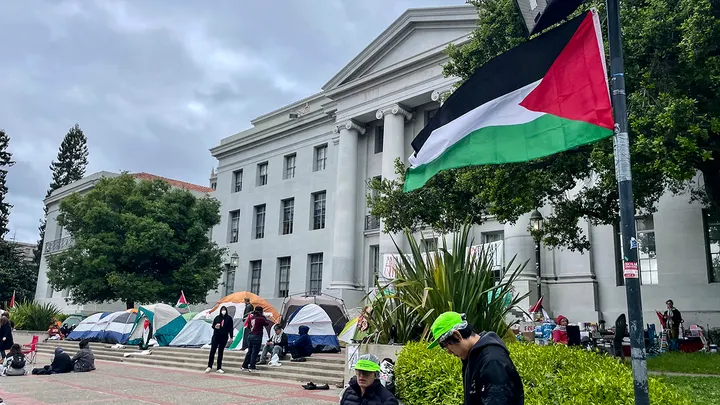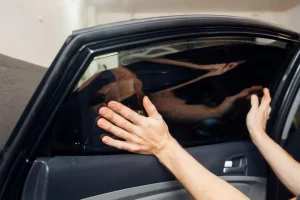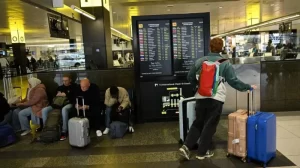
Students at a growing number of U.S. colleges and universities are forming anti-Israel protest encampments with a unified demand that their schools stop doing business with Israel. Inspired by ongoing protests and the arrests last week of more than 100 students at Columbia University in New York City, seen at the epicenter of the ongoing demonstrations, students from Massachusetts to California, and Tennessee to Texas, are now gathering by the hundreds and are pledging to stay put on campus until their demand is met. “We want to be visible,” said Columbia protest leader Mahmoud Khalil. “The university should do something about what we’re asking for, about the genocide that’s happening in Gaza. They should stop investing in this genocide.”
The nationwide movement has gained momentum and has taken on new strength as administrators continue to allow anti-Israel demonstrations at schools like Columbia, Yale, MIT, UC Berkeley, University of Southern California, Princeton, Harvard, Stanford, Northwestern University, Vanderbilt University, University of Michigan, University of North Carolina, University of Virginia and others.
The protests come as the Israel-Hamas war surpassed the six-month milestone earlier this month, which has resulted in tens of thousands of civilian Palestinian deaths. The stories of suffering in Gaza have sparked international calls for a cease-fire and protests around the world.
Students at campuses across the U.S. have demanded their schools stop doing business with Israel or the U.S. Defense Department, which gives money to it. While the specific demands may vary from campus to campus. Among them include:
- Stop doing business with military weapons manufacturers that are supplying arms to Israel.
- Stop accepting research money from Israel for projects that aid the country’s military efforts.
- Stop investing college endowments with money managers who profit from Israeli companies or contractors.
- Be more transparent about what money is received from Israel and what it’s used for.
The president of Columbia University, seen as the origin point of the mass demonstrations, said she was “deeply saddened” by the actions of agitators who riled students and faculty with anti-Jewish slogans and chants.
“I am deeply saddened by what is happening on our campus,” said Dr. Nemat “Minouche” Shafik. “Our bonds as a community have been severely tested in ways that will take a great deal of time and effort to reaffirm. Students across an array of communities have conveyed fears for their safety and we have announced additional actions we are taking to address security concerns. The decibel of our disagreements has only increased in recent days. These tensions have been exploited and amplified by individuals who are not affiliated with Columbia who have come to campus to pursue their own agendas.”
“We need a reset,” she added in her statement Monday. “To deescalate the rancor and give us all a chance to consider next steps, I am announcing that all classes will be held virtually on Monday. Faculty and staff who can work remotely should do so; essential personnel should report to work according to university policy. Our preference is that students who do not live on campus will not come to campus.





